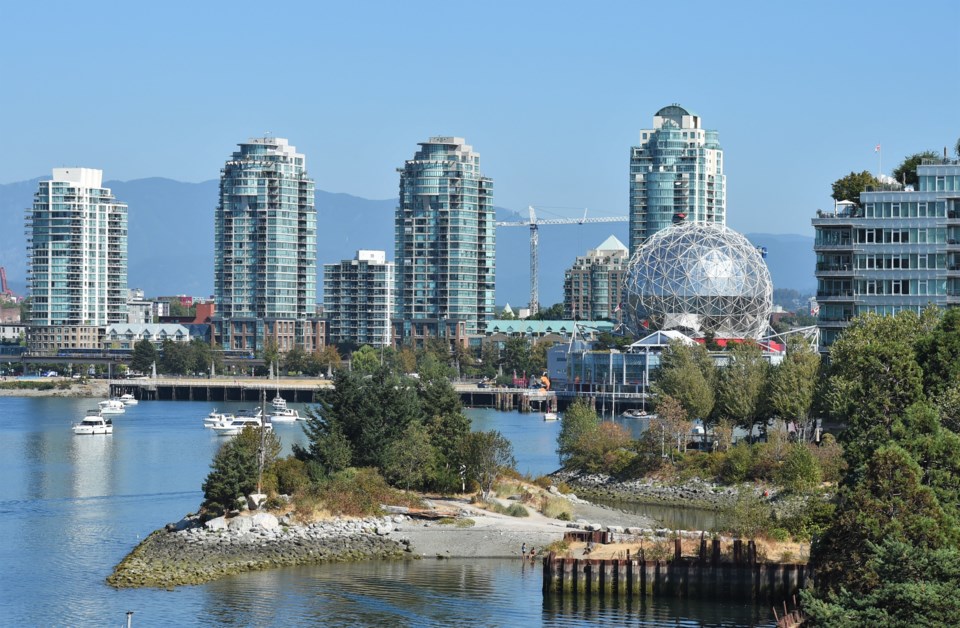With summer still going strong, this fall is starting off on a warm foot.
And it's likely to stay that course.
"Summer is ending late," says Environment Canada meteorologist Doug Lundquist. "We haven't quite got there even though today's meteorological fall."
For meteorologists fall runs from Sept. 1 to Nov. 30; over that period Lundquist says Metro Vancouver residents can expect the average temperature to be above average, though cooler periods can still happen.
He expects that warm average to be weighted at the front end of the season as "extraordinary" summer temperatures remain in the area. At the same time, Pacific Ocean surface temperatures are high, which heavily impacts Vancouver's weather.
"The waters between here and Japan are still extremely warm," he explains. "There are record-breaking sea surface temperatures."
In some places the ocean's surface is 5 C higher than the average for this time of the year, which is a big difference, he adds. And it's not just affecting how hot things will be; the warmer air has a greater carrying capacity for moisture. On a simple level, Lundquist compares how much water is held by a warm sponge and a frozen one.
"It's going to be warmer with wetter air, at least to start," he says.
While this winter is supposed to be a La Nina year, which means a cooler winter, he says it's unclear when things will cool down.
"We're going to have to cool the waters and that's not going to happen overnight," he says, explaining that storms over the hot parts of the Pacific can churn up cool waters, changing weather patterns.
On a map of the country released on Sept. 1 by Environment Canada, probable average temperatures through the fall are expected to be above over southern BC; over eastern Canada, the likelihood of a warmer than average autumn is much higher. The only area that isn't predicted to experience above-average temperatures is the region of northern BC, southern Yukon, northwestern Alberta and southwestern Northwest Territories.
Short term forecast
While it's fall from a meteorologist's point of view, for many people it's still summer, and it's going to feel like it for a bit longer.
"For the next week the highs are in the 20-plus range," Lundquist says, noting average temperatures are about two weeks behind where they usually are.
Sunday, Sept. 3, some showers are expected, which will cool the city; Lundquist notes that while the system following the showers may bring clear skies, the summer highs won't return as the region's averages begin to descend into fall temperatures. Currently, the Environment Canada website shows a high of 19 C on Wednesday, Sept. 7.




